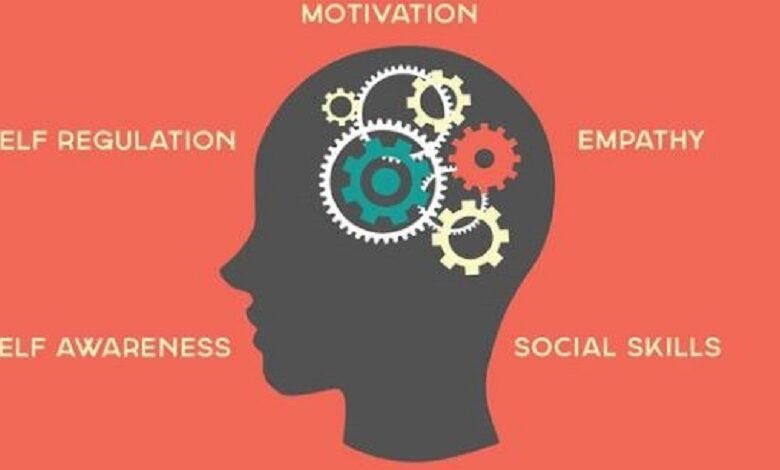The Importance of Emotional Intelligence in Education

Emotional intelligence (EI) is the ability to understand and manage our emotions effectively. EI is a vital skill that helps us in all aspects of life, including academic and professional success. In recent years, the importance of emotional intelligence in education has been increasingly recognized. In this article, we will explore why emotional intelligence is crucial for success in education and how it can be developed.
Introduction to Emotional Intelligence
What is Emotional Intelligence?
Emotional Intelligence is defined as the ability to identify, understand, and manage emotions in oneself and others. It is also commonly known as EI or EQ (Emotional Quotient).
The Importance of Emotional Intelligence
EI is a crucial factor for success in all aspects of life, including education, work, and personal relationships. People with high emotional intelligence can navigate complex social situations, handle stress effectively, and communicate clearly and effectively.
The Role of Emotional Intelligence in Education
Emotional Intelligence and Academic Success
Research has shown that students with high emotional intelligence are more likely to succeed academically. They are better able to manage their time, prioritize tasks, and maintain focus. Additionally, they are more likely to persist in the face of setbacks and challenges.
Emotional Intelligence and Teacher-Student Relationships
Emotional intelligence is also vital in fostering positive teacher-student relationships. Teachers with high emotional intelligence can connect with their students on a deeper level, understand their needs, and provide appropriate support. This can lead to increased engagement and better academic outcomes.
Emotional Intelligence and Social and Emotional Learning
Social and Emotional Learning (SEL) is an approach to education that emphasizes the development of emotional intelligence and other social and emotional skills. SEL programs have been shown to improve academic performance, reduce behavioral problems, and increase positive social behaviors.
Developing Emotional Intelligence
How to Develop Emotional Intelligence
Emotional intelligence is a skill that can be developed and improved over time. Strategies for developing emotional intelligence include practicing self-awareness, building empathy, managing stress, and improving communication skills.
Emotional Intelligence in the Classroom
There are several ways that educators can foster emotional intelligence in the classroom. These include incorporating SEL programs into the curriculum, creating a safe and supportive classroom environment, and providing opportunities for students to practice emotional regulation and social skills.
The Link Between Emotional Intelligence and Academic Performance
The ability to regulate emotions, empathize with others, and communicate effectively are all essential skills for academic success. Studies have shown that students with high emotional intelligence tend to perform better academically than those with low emotional intelligence.
Emotional Intelligence in Early Childhood Education
Developing emotional intelligence starts in early childhood. Children who are exposed to emotional regulation and social-emotional learning early on are more likely to have strong emotional intelligence skills later in life.
The Role of Parents in Developing Emotional Intelligence
Parents play a critical role in the development of emotional intelligence in their children. By modeling emotional regulation, empathy, and communication, parents can help their children develop these essential life skills.
The Impact of Emotional Intelligence on Mental Health
Emotional intelligence has a significant impact on mental health. Individuals with high emotional intelligence are better equipped to manage stress and navigate challenging situations, leading to improved mental health outcomes.
Emotional Intelligence in the Workplace
Emotional intelligence is also essential in the workplace. Employees who have high emotional intelligence are better able to communicate effectively, collaborate with others, and manage stress, leading to improved job performance and job satisfaction.
The Importance of Emotional Intelligence in Leadership
Leaders who have high emotional intelligence are better equipped to lead their teams effectively. They can communicate effectively, manage conflict, and inspire their team members, leading to improved organizational outcomes.
How to Develop Emotional Intelligence
Developing emotional intelligence requires intentional practice and support. There are many resources available for individuals who want to improve their emotional intelligence skills, such as online courses, coaching, and books.
The Role of Educators in Developing Emotional Intelligence
Educators can play a critical role in developing emotional intelligence in their students. By incorporating social-emotional learning into their curriculum, creating a safe and supportive classroom environment, and providing opportunities for students to practice emotional regulation and social skills, educators can help their students develop this essential life skill.



